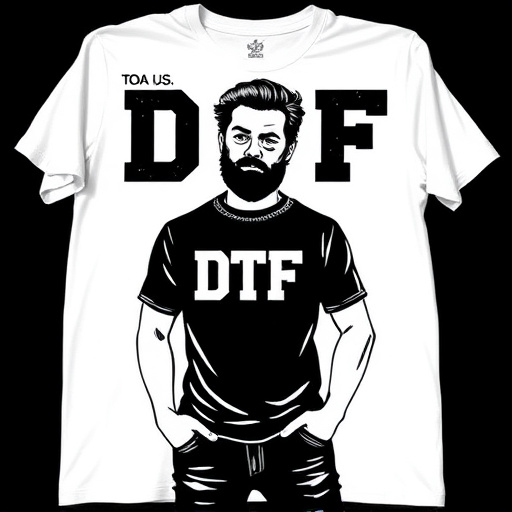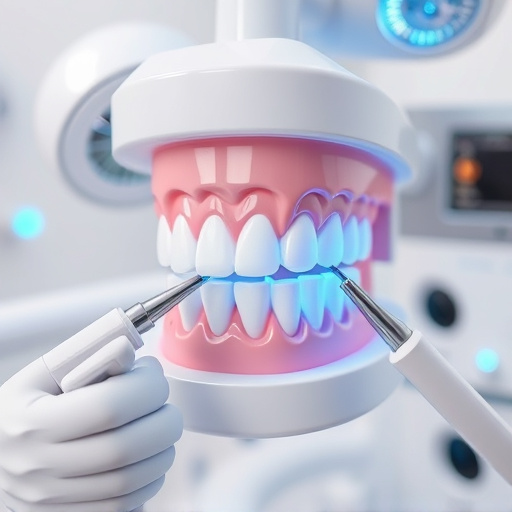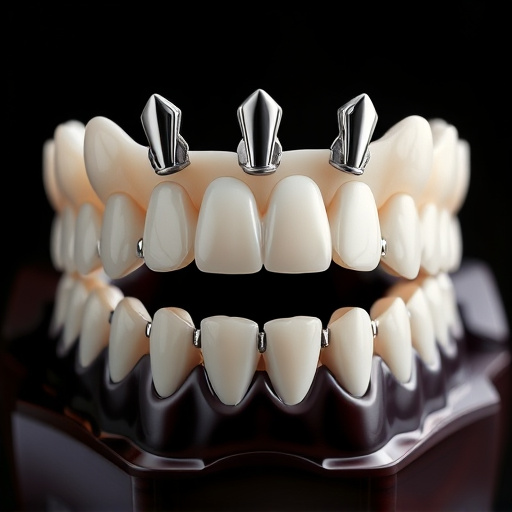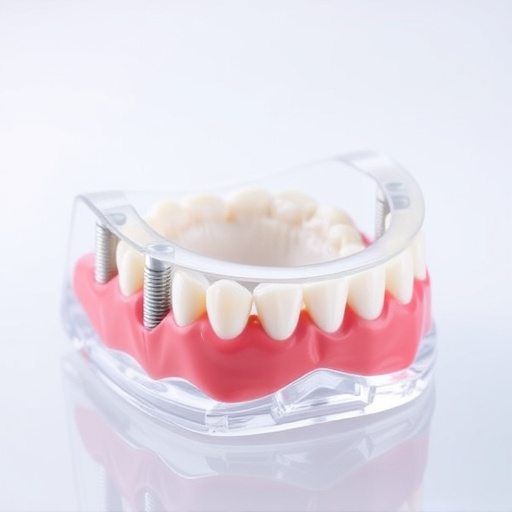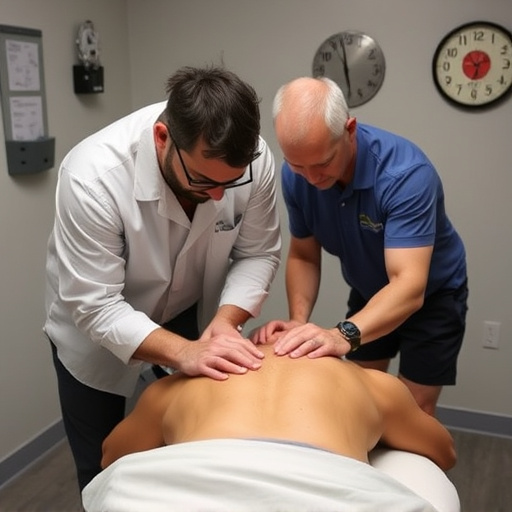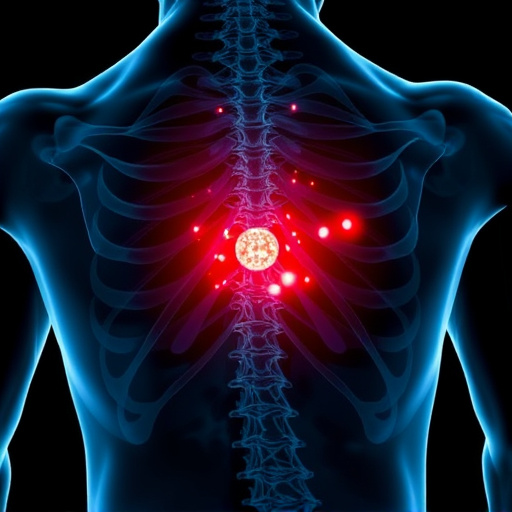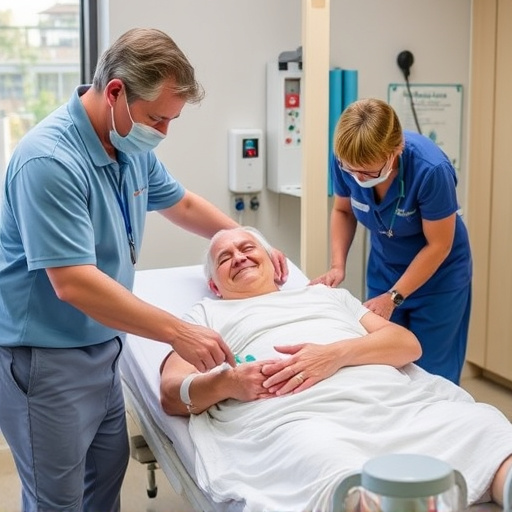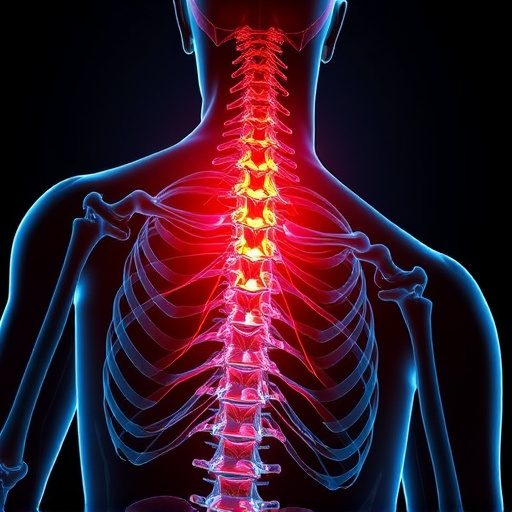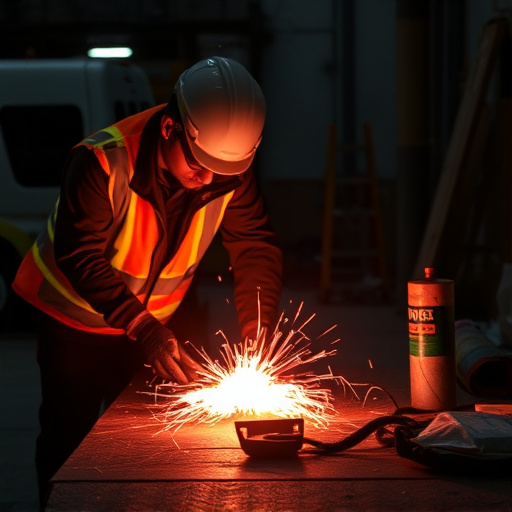After a car accident, physical therapists offer specialized car accident injury care through assessments, diagnostic imaging, and collaborative treatment plans. They address whiplash, muscle strains, fractures, and other trauma-related issues with methods like spinal adjustments, massage therapy, exercise programs, and manual therapy to reduce pain, improve mobility, and prevent long-term disability. Physical therapy is a key component in patients' recovery journeys, aiming to restore function and independence. Specialized functional rehabilitation protocols provide critical support for chronic pain or lasting effects.
Physical therapy plays a crucial role in the comprehensive care of individuals who have been involved in car accidents. With specialized expertise, physical therapists evaluate and address a range of injuries commonly associated with vehicular collisions, from whiplash and spinal strains to more severe traumatic conditions. This article explores three key aspects: evaluating car accident injuries, developing tailored treatment plans, and guiding patients through rehabilitation for optimal recovery after such traumatic events.
- Evaluating Car Accident Injuries: A Physical Therapy Perspective
- Tailored Treatment Plans: Addressing Specific Car Accident-Related Conditions
- Rehabilitation and Recovery: Restoring Function After a Car Accident
Evaluating Car Accident Injuries: A Physical Therapy Perspective
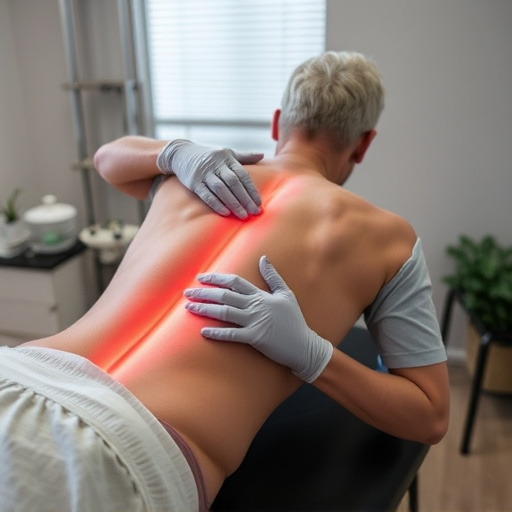
After a car accident, victims often experience a range of physical injuries that require careful evaluation and specialized care. Physical therapists play a pivotal role in this process by thoroughly assessing the extent of car accident injuries. They employ advanced techniques to diagnose conditions such as whiplash, back pain, and other common vehicular trauma-related ailments.
From a physical therapy perspective, evaluating car accident injuries involves not just identifying the symptoms but also understanding their underlying causes. Therapists use manual examinations, diagnostic imaging, and patient history to develop tailored treatment plans. This approach ensures effective management of pain and promotes faster recovery, often in conjunction with other medical professionals and alternative treatments like chiropractic care for optimal car accident injury care.
Tailored Treatment Plans: Addressing Specific Car Accident-Related Conditions
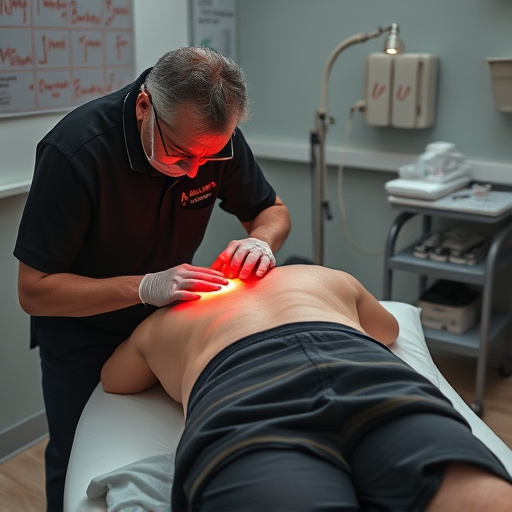
After a car accident, individuals often face a range of physical injuries and conditions that require specialized care. Physical therapists play a vital role in car accident injury care by designing tailored treatment plans to address specific concerns arising from such incidents. These plans are crafted to cater to each patient’s unique needs, focusing on conditions like whiplash, muscle strains, fractures, and other trauma-related issues.
The process involves thorough assessments, diagnostic imaging, and collaborative work between therapists and patients. Treatment may include spinal adjustments, massage therapy, exercise programs, and manual therapy techniques to alleviate pain, improve mobility, and enhance overall recovery. Additionally, post-accident rehabilitation under the guidance of physical therapists helps individuals regain strength, flexibility, and functionality, enabling a smoother transition back to daily activities and reducing the risk of long-term joint pain relief and disability.
Rehabilitation and Recovery: Restoring Function After a Car Accident

After a car accident, individuals often face significant physical challenges and a long road to recovery. Physical therapy plays a pivotal role in this process, focusing on rehabilitation and restoring function lost or impaired due to the injury. The primary goal is to help patients regain their strength, mobility, and independence, enabling them to resume everyday activities.
This process involves a comprehensive approach to car accident injury care, including various techniques such as exercise programs tailored to individual needs, manual therapy, and pain management strategies. For those struggling with chronic pain or long-term effects of an auto accident, functional rehabilitation becomes even more critical. Skilled therapists design specific protocols to address these issues, offering hope and support throughout the recovery journey.
Physical therapy plays an integral role in car accident injury care, offering tailored treatment plans and rehabilitation strategies that focus on restoring function and improving patients’ quality of life post-accident. By leveraging their expertise in evaluating car accident-related conditions, therapists can significantly contribute to a patient’s recovery process, ensuring they regain mobility, reduce pain, and return to their regular activities as safely and efficiently as possible.
